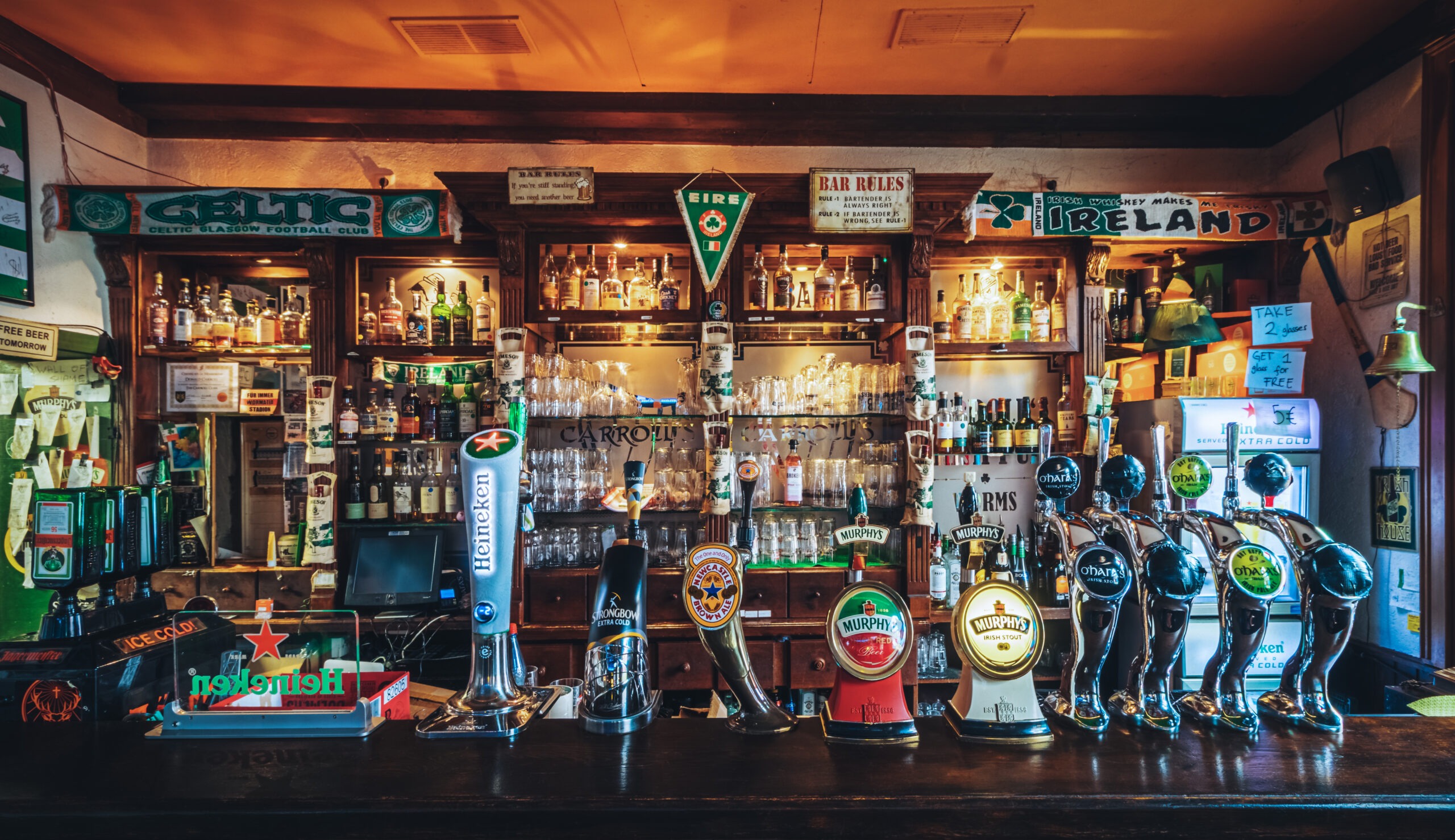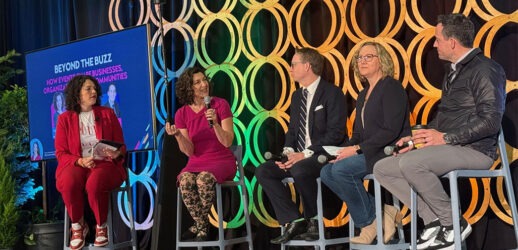With Kate Zaliznock traveling to NOLA for a closer look at how the city is preparing for Super Bowl LIX, I rounded up some of the reactions to the U.S. election and how voters will impact hospitality and travel in the coming years. Election years are always a damper on events as companies manage uncertainty around regulations, taxes and business climate. Whatever happens, the more you know, the better you can prepare.
Hospitality Industry Reaches Out to President-Elect Trump
The morning after the polls closed on a fierce presidential election, U.S. Travel Association President and CEO Geoff Freeman issued a statement congratulating President-Elect Donald Trump.
“We…look forward to working with the incoming administration to make the United States the world’s top travel destination and improve the travel experience for millions of Americans who take to the roads, rails and sky every day,” he said.
“As we embark on a mega-decade of sports—including the World Cup and Summer and Winter Olympics – a tremendous opportunity is ahead to maximize the competitive strength of the United States as a travel destination. We stand ready to work with the new administration to realize America’s full potential.”
Read More: US Travel: All Meetings Are Not Equal
Similarly, American Hotel & Lodging Association (AHLA) Interim President and CEO Kevin Carey called the election “a historic victory.”
“AHLA looks forward to working with the Trump-Vance administration and lawmakers of both parties at every level of government to keep the hotel industry–and the many thousands of small businesses and employees that power it–moving forward,” he said.
Then Carey offered some background. “The hotel industry is an economic powerhouse for the U.S. economy. AHLA’s overall advocacy goals are to advance public policies that support and enable the industry’s long-term growth potential and protect hoteliers’ bottom lines.
“Through educating elected officials on the industry’s economic contribution and job-creating power, we seek an environment in which hotel professionals can focus on running and growing their businesses rather than confronting onerous laws and harmful policies. That means supporting business-friendly tax rates and policies to expand the workforce, fighting regulatory overreach, protecting the hotel franchise model from government interference, and ensuring a level playing field for hotels and short-term rentals.”
He then added, “AHLA is committed to working with elected officials and policy makers in both parties in pursuit of these crucial priorities.”
The focus on tax policy echoed a message ASAE President and CEO Michelle Mason, FASAE, CAE, sent to both candidates in October reminding the campaigns of the importance of trade associations in the greater economy. “According to research conducted for ASAE by Oxford Economics earlier this year, associations account for over 1 million jobs, generating more than $71 billion in wages, and hold more than 272,000 events every year that attract nearly 52 million participants and generate $42 billion in spending. Associations also pay almost $28 billion in federal, state and local taxes each year, and events generate an additional $7.5 billion in taxes.”
The letter also addressed the uncertainty surrounding future tax policies, given that sweeping tax breaks established in the 2017 Tax Cuts and Jobs Act are set to expire in 2025. ASAE sounded the alarm that the tax-exempt sector could be targeted by lawmakers to help offset the cost of tax legislation and warned that changes to the tax treatment of association revenue streams would severely impact associations’ missions and the public benefits derived from their activities.
“Thousands of associations go above and beyond their everyday missions, positively impacting society. Impeding their work with burdensome new taxes would have a cascading negative effect on them and the millions of members who rely on them,” said Mason.
No word on responses, yet.
International Travel Reaching 2019 Milestone
2024 international tourism arrivals are expected to surpass 2019 highs of 1.5 billion, according to a new WTM Global Travel Report conducted with Tourism Economics.
And it just gets busier from there. By 2030, overnight tourism arrivals (international visitors staying at least one night) are projected to grow by over 30% to 2 billion.
Read More: ARVO Conference in Seattle Opened Eyes to Lingering International Travel Challenges
The report concluded that consumers are prioritizing travel since it is making up a greater share of spending in major economies than it did in the decade before the pandemic. Overall, travel spending reached 8.8% of consumer spending compared to 8.2% between 2010 and 2019.
They are also staying in hotels longer, a reflection of the blended or “bleisure” travel trend that has been advancing in the last three years.
In Support of Irish Pubs

For those who might, for whatever reason, be researching leaving the United States for a pint, we saw this note from our friend Rohit Bhargava at Non-Obvious Company about an article in The Drum outlining a creative effort to save Irish pubs.
Evidently, these establishments are facing a financial crisis due to higher costs, taxes and inflation. The result is that more than a quarter of these gathering institutions (on average 150 each year) have closed. The beverage brand Heineken turned some historic pubs into virtual museums with the aid of QR codes, virtual history lessons and augmented reality storytelling to qualify for Irish Heritage council protections such as tax support. Read about it here.
Did you catch last week’s Smart Travel? Check it out here.




